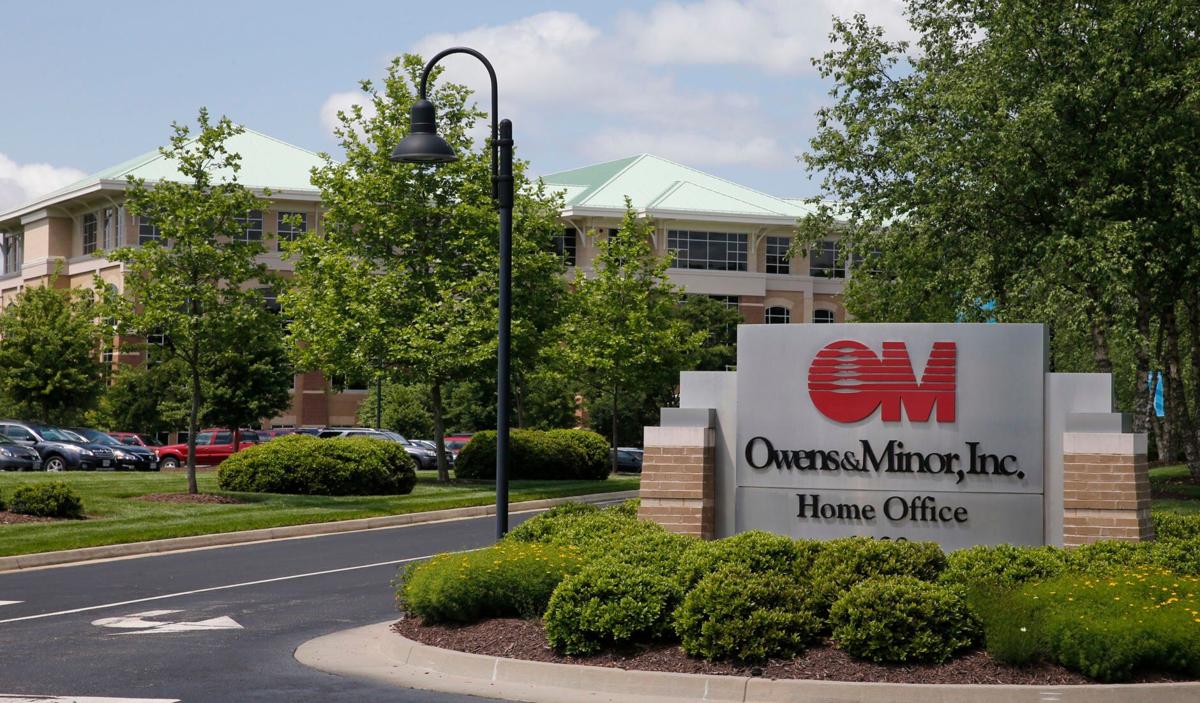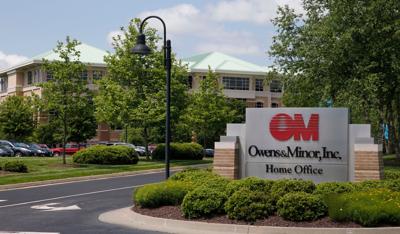RICHMOND - In a move rarely seen by a firm, said it is pulling out of its previously announced $1.36 billion deal to buy a home health care company.
It marks the second major shift this year by the Glen Allen-based firm, which in February said it was putting up for sale the part of its business that accounts for 80% of revenue.
In a filing with the , Owens & Minor said it would pay Holdings an $80 million fee to cancel the deal because of the cancelation.
“For many months, our teammates, along with the Rotech team, have worked tirelessly in cooperation with the Federal Trade Commission to close this transaction, and while we believe there would have been ample benefit to patients, payors, and providers by adding Rotech to our Patient Direct business, the path to obtain regulatory clearance for this merger proved unviable in terms of time, expense, and opportunity,” said Edward A. Pesicka, Owens & Minor’s president and chief executive officer.Â
People are also reading…
When the company announced the deal last summer, it said acquiring Rotech would be an important expansion of its “Patient Direct” business, which supplies medical devices and services to patients at home, including, ranging from home respiratory devices to pressure wound therapy to diabetes care, sleep apnea treatment to breast pumps.
Owens & Minor’s Patient Direct business has more than 300 locations that can reach more than 90% of the U.S. population, as well as regional distribution and repair centers, customer service and billing centers, a national pharmacy and a biomedical center to repair and maintain the equipment it distributes to homes.
Rotech provides the same sort of equipment and services for home medical treatment in 46 states.
Rotech’s annual revenue of $750 million was less than Patient Direct’s $2.68 billion.
But Patient Direct’s revenue was a fraction of Owens & Minor’s biggest business, which sells medical supplies to hospitals and other health care providers, as well as making medical surgical products.
The company's products and health care segment reported revenue of $8 billion last year.
The products and health care segment, however is much less profitable than Patient Direct.
After paying for the cost of what it sells and its overhead, it took in less than a penny for every $100 of revenue, compared with nearly a dime for every dollar of revenue of its Patient Direct business, a Richmond Times-Dispatch analysis of the company's Securities and Exchange Commission filings shows. The bigger unit’s return on assets was just 2% compared with nearly 12% for Patient Direct.
Pesicka told investors in a conference call earlier this year that Owens & Minor is having “robust discussions” about selling the products unit and has seen interest from several firms.
Owens & Minor is No. 395 on the Fortune 500 list of the largest American companies.















